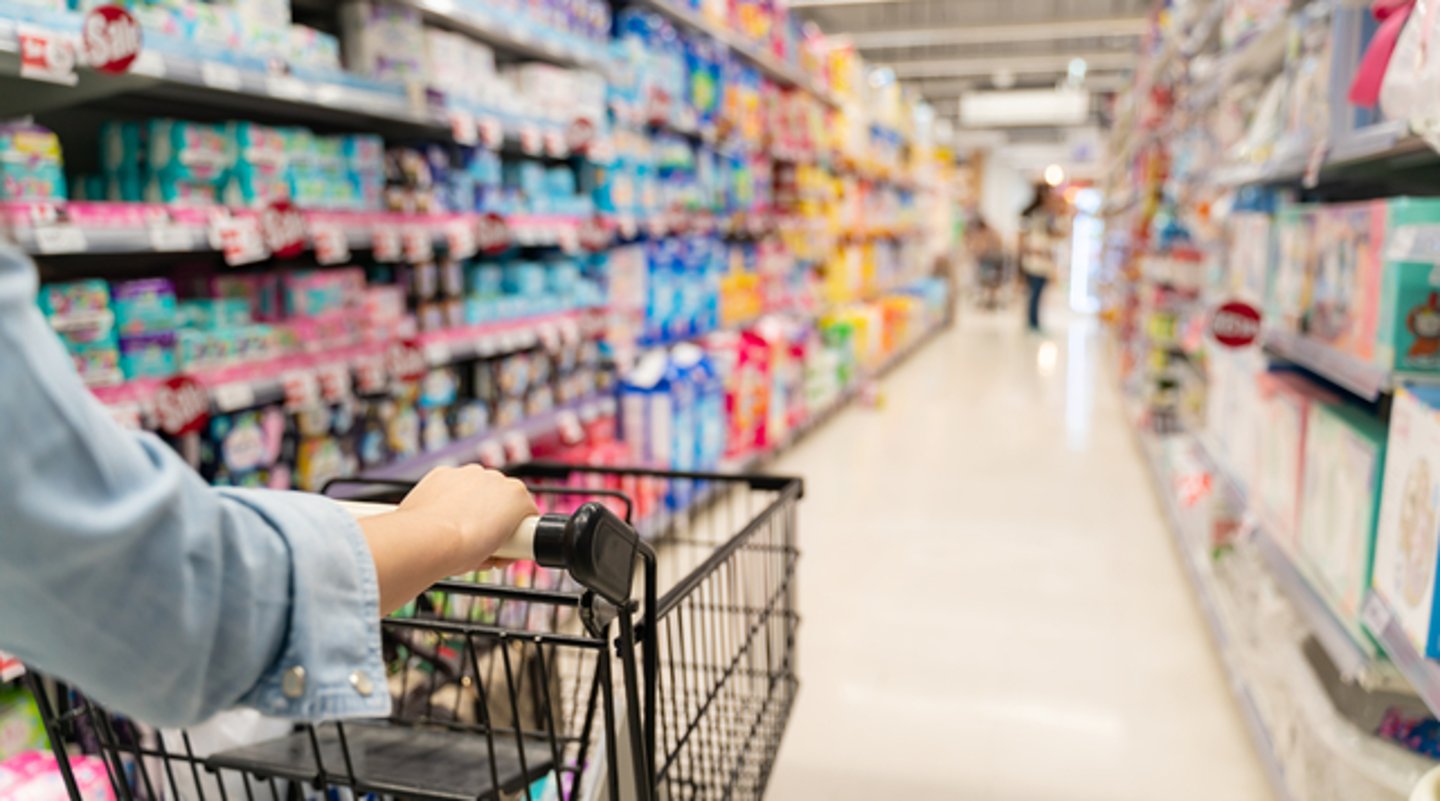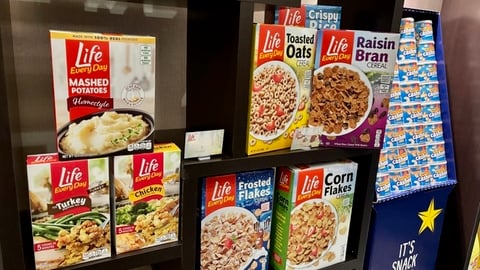Value, Taste Key Drivers Of Continued Private Label Growth
Consumers today have a greater familiarity with retail private labels, as nearly 9 in 10 shoppers strongly recognize store brands, with more than half increasing their purchase rates of products in the segment, according to the new "The Power of Private Brands" report from FMI – The Food Industry Association.
The annual survey polled 1,493 U.S. grocery shoppers age 18 and older from April 11, 2025, through April 18, 2025.
Shopper recognition of private brands is strong, with 89% of survey respondents saying their primary store offers private label products. The same percentage said they currently have store brand products at home. Along with this high level of recognition, consumers also used words such as "quality," "value," "brand," "good," and "great" to describe private label products.
“The shopping habits [of consumers] have become more sophisticated, and their awareness of private brands remains high,” Tom Cosgrove, director of Industry Relations with FMI, told Store Brands. “In general, their perception of private brands continues to be positive.”
Shoppers are also increasing the frequency with which they purchase store brand products. In the survey, 24% said they are buying private label products “more,” with 32% saying their purchase rates of retail own brands are up “somewhat more.” Comparatively, 15% of survey respondents said they have increased their national brand purchases “more,” and 20% said they have done so “somewhat more.”
Notably, 19% of consumers surveyed said they are buying national brands less, compared to just 4% for private brands.
When asked to look at future purchases, 23% and 25% of consumers said they would purchase store brand products “much more” or “somewhat more,” respectively. With name brands, 17% and 18% of respondents chose “much more” or “somewhat more,” respectively.
Only 3% of shoppers said they would buy private label products less often, compared to 14% for national brands.
From Tom Cosgrove, FMI's director of Industry Relations...
“What’s great is that [price] is only part of the conversation. They are focused on value and taste, and these products are items that people are proud to purchase and have on their table.”
As consumer perception of private brands continues to evolve, so too do the motivating factors driving their purchase decisions. In the FMI survey, 78% of respondents said they buy store brands because they offer the best value, 59% cited taste, 56% cited brand trust, 54% cited being least expensive, and 45% cited convenience.
Additionally, any decrease in grocery prices in the year ahead would not hurt private label sales. The survey found that 91% of respondents said they would either “very likely” or “somewhat likely” continue to purchase store brand products if prices drop in the coming 12 months.
“Price is always going to be part of the conversation, but when we look at the data, it’s now ranked fourth by consumers,” Cosgrove said. “What’s great is that [price] is only part of the conversation. They are focused on value and taste, and these products are items that people are proud to purchase and have on their table.”
In its report, FMI highlighted several comments from consumers that provide further insights on what drives them to choose private-label products. They included:
- “I get good value when I can get a better price than the national brand, with just as much flavor and quality.”
- “Overall, taste and quality of store brands are good.”
- “Sales price is highly important right now because things are so expensive.”
The continued desire consumers show for purchasing private label products would provide the industry with another year of solid sales growth. Figures from Circana cited in FMI’s report show private label dollar sales for the 52 weeks ending March 23, 2025, were up 5.4%, compared to 2.2% for national brands. Private brand unit sales were up 2.3%, compared to a 0.6% decline in unit sales for national brands. Private brand dollar share is 22.3%, with unit share up to 23.9%.
By category, dollar sales of refrigerated seafood were up 20.2%; followed by breakfast meals, 14.9%; chocolate candy, 14.6%; dinner sausage, 14.5%; and refrigerated whipped toppings, 13.9%.
The categories seeing the largest growth by units are refrigerated pizza, up 31.7%; refrigerated seafood, 27.1%; carbonated beverages, 15.4%; refrigerated/frozen poultry, 14.3%; and dinner sausage, 14.1%.




